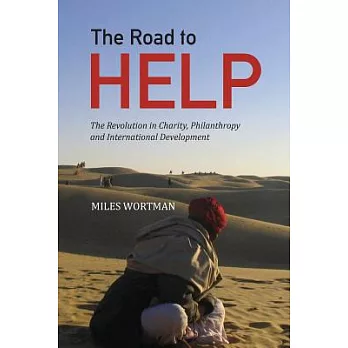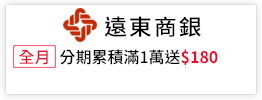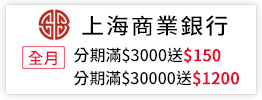Since 1990 in America and around the world, philanthropy and international development, together "HELP," emerged to become a revolutionary force. It alters the political landscape outside the traditional political theater, influencing basic social conditions and institutions. How this RELIGINDUSTRY grew from the passing of baskets in church, the benefits it provides and the distortions it creates is the subject of this book. HELP is an industry in that it now comprises a huge part of the American economy, more than ten percent, with professional schools, organizations, journals and influential lobbying groups. Charity is a universal movement, marked by social media, weekly marches and meetings and self-congratulatory celebrity endorsements, a religion, in that it requires us to participate on faith. The expansion of marketing strategies obscures the best-intentioned charitable motives. Innovative marketing techniques such as "Cause Marketing," "Ethical Consumerism," and "Crowd Sourcing" employ a broad range of tactics: the proclamation of (unreachable) goals, meetings, blogs and media events, in an orgy of Orwellian language. Financial institutions and corporations seek to transform the non-profit sector into profit-making organizations, blurring the distinction between the two. A new megawealthy class influences society behind a scrim of "good-works." Their foundations, once small in number and a force for pluralistic debate, risk becoming a national plutocracy that overwhelms democratic processes, assuming direction of areas once the purview of government, (e.g. health and education). Individually, according to their own values, they dictate policies and the means to implement them. Paradoxically, while claiming they support those in need, many work to sustain a system that increases economic inequality, using financial and political power to avoid taxation, that is, the funding of government for social services. Traditionally, American philanthropy has been separate from international developmental assistance. The HELP revolution brings them together. National and international HELP relies upon the same non-profit resources, marketing strategies and personnel, employing the same methods, practices and values. It is not a coincidence that the Gates, Soros and Clinton foundations, to name a few examples, work on projects in America, Africa, and India. As in America, international developmental assistance employs hundreds of thousands of individuals. Agencies such as the UN, the World Bank, national organizations (e.g. USAID), and private philanthropy and NGOs support projects in a hundred countries, highly-paid officials and experts as well their support staffs. Academia, HELP's handmaiden, provides the intellectual foundation, with ongoing debates in articles, books, blogs and meetings. Consultants move from universities to foundations to international organizations and back, creating an appearance of self-aggrandizement or conflicts of interest. HELP has become so enormous, its influence so persuasive, that control, even understanding, is impossible. In an industry afflicted by self-perpetuating bureaucratic policies, conflicting social goals, inefficiencies, unknown consequences, erratic measurement strategies and ill-spent budgets, how to discern effectiveness? Who pays? The society as a whole and those in need, in particular. Efficient charities suffer as other more popular if less urgent philanthropies absorb resources. Philanthropy to assist the impoverished and those in need remains a strength of American society but does the new, enormous professional class overwhelm good-works in size as well as funds? Does the HELP revolution improve the social fabric at home and abroad? Does the new religindustry imperil charity through commercialization? What are the motives behind the megawealthy whose foundations shape the industry? And, is the growth of this new oligopoly a democratic or an anti-democratic force?



 天天爆殺
天天爆殺  今日66折
今日66折 
























 博客來
博客來 博客來
博客來 博客來
博客來 博客來
博客來 博客來
博客來